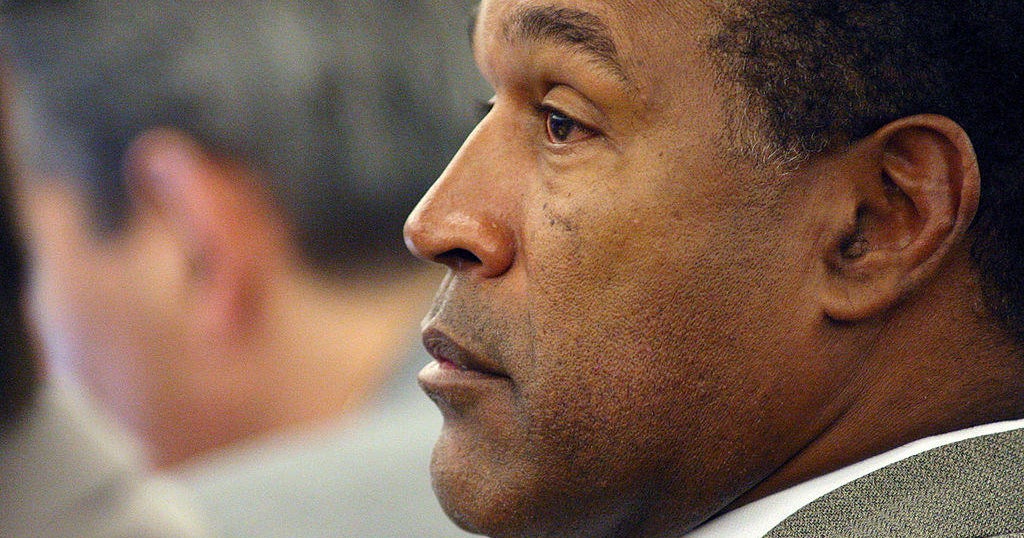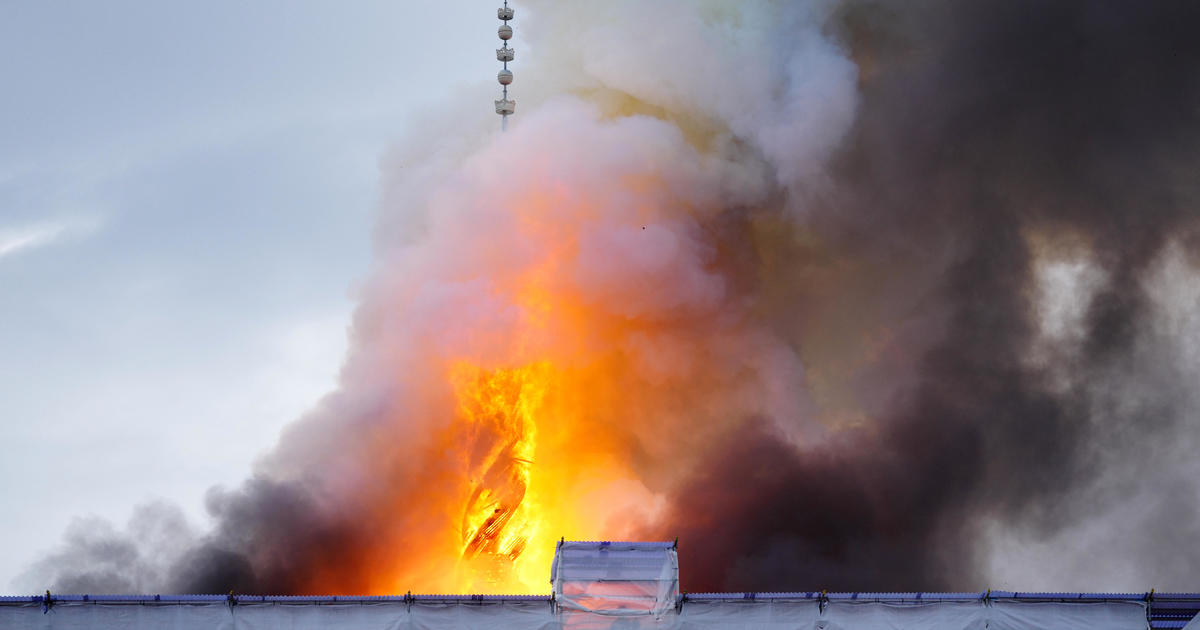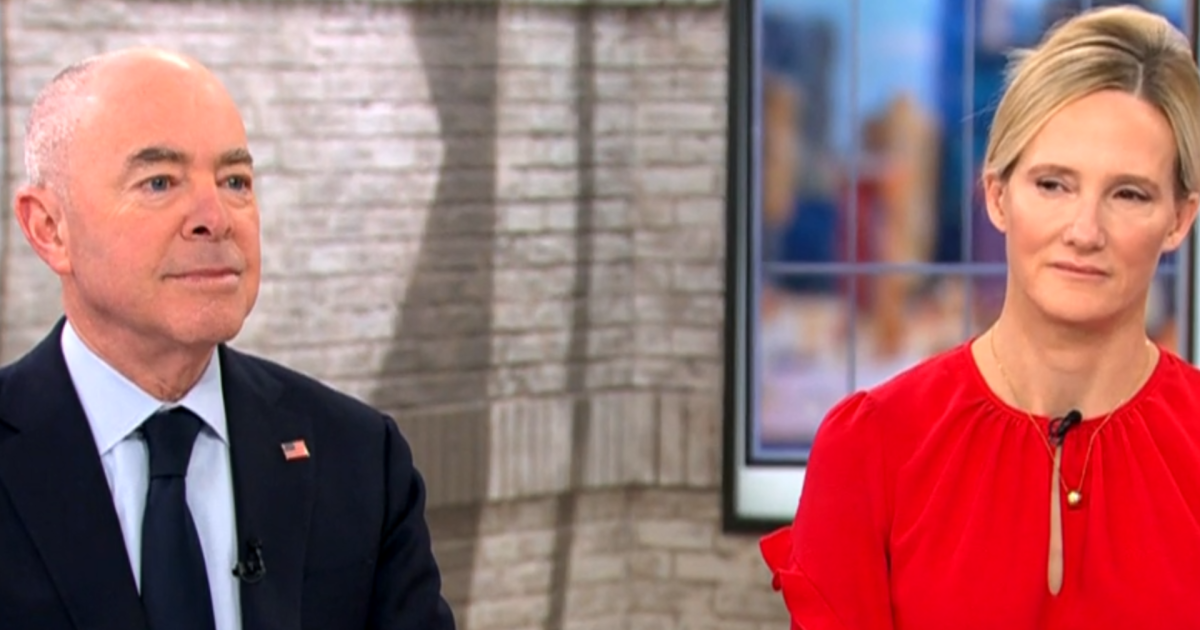Detroit superintendent fears there is tainted water in schools across the country
The Detroit school superintendent who helped uncover harmful levels of copper and lead in the city's schools says he fears other education systems across the country have the same problem. More than 47,000 Detroit students are back in school where water coolers are replacing drinking fountains. No one knows for sure what is tainting the water, but aging pipes and outdated fixtures are the likely suspects.
"There are higher levels of copper lead not just in Detroit but throughout this country," Detroit school superintendent Nikolai Vitti told CBS News' Michelle Miller.
A few months after taking the helm at Detroit's public schools, Vitti began seeing the outlines of a health emergency. Testing of every water fountain and fixture began in June and in August Vitti learned 34 of the 50 schools tested so far had harmful levels of lead or copper. Any level of exposure of lead to children is dangerous.
"And we're not testing. So this has been an awakening for me as superintendent," Vitti said.
The Government Accountability Office reported 57 percent of U.S. school districts either didn't test their water for lead or were unsure if they did. Tests are mandatory in at least seven states and no federal law requires them.
Last week, Vitti ordered all water fountains in his district turned off. Schools are providing bottled water and water coolers instead, which will cost about $200,000 over the next few months.
Ricky Rice worries about his three grandchildren in Detroit public schools. Lead can damage hearing and speech and cause learning disabilities. It usually leaches into drinking water from old plumbing or fixtures.
"That's putting a Band-Aid on a gaping wound," he said. "I'm willing to give them time to fix their problem, but if they drag their feet…something is going to be said, and something has to be done."
Vitti says the long-term solution is to install new water stations with their own piping systems in each school.
"I don't think it's realistic to think that we can just change the plumbing infrastructure in schools or play a whack-a-mole game of changing faucets or changing fixtures," Vitti said.
The district says cafeteria meals are prepared off-site so school lunches aren't really affected. Many sinks and showers remain operational but officials insist those are safe to use as long as the water isn't used for drinking.



